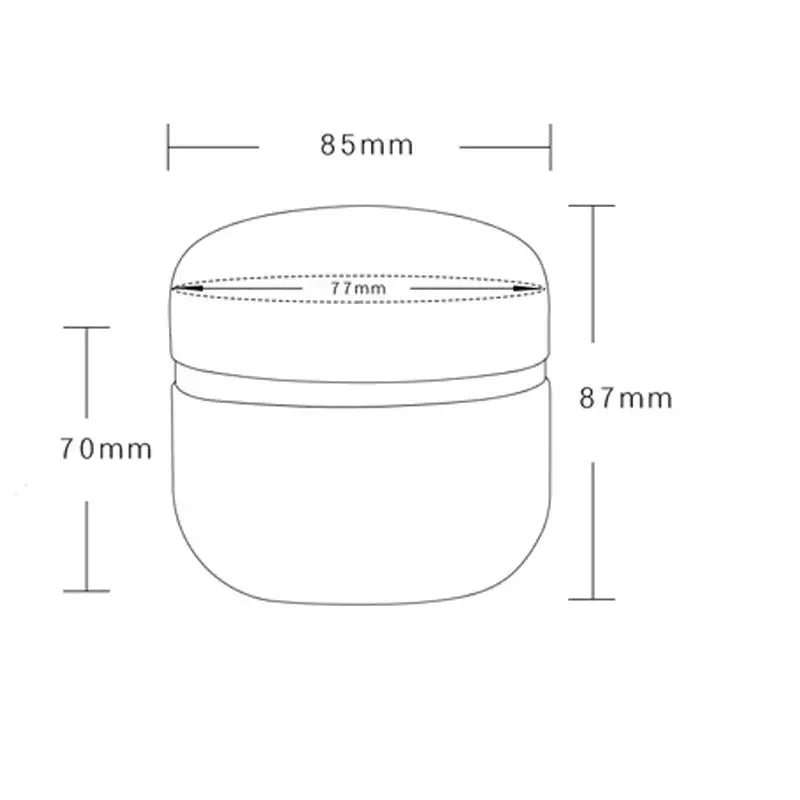
Learn About Jewish Funeral Traditions: Significance and Rituals
Funerals are a crucial part of any culture, providing a structured way to grieve, honor the deceased, and find closure. Jewish funeral traditions, with their deep historical roots and profound spiritual significance, offer a unique and poignant way of navigating loss. This article explores the importance of Jewish funeral traditions, preparation for a Jewish funeral, specific rituals and customs, the community's role, mourning practices, etiquette, variations across different Jewish denominations, and how to honor the deceased through meaningful tributes.
The Importance of Jewish Funeral Traditions
Jewish funeral traditions hold significant importance in Judaism, serving as a testament to the faith's deep respect for life and the human soul. These traditions are rooted in biblical teachings and rabbinical interpretations, emphasizing the sanctity of the human body and the belief in an afterlife. The rituals provide a structured process that helps mourners navigate their grief while honoring the deceased.
One of the core principles is the concept of "kavod ha-met" or "honoring the dead." This principle underscores the belief that the deceased should be treated with the utmost respect and dignity. Jewish funerals are designed to be simple and modest, avoiding ostentation and focusing on the spiritual journey of the soul.
Preparing for a Jewish Funeral
Preparation for a Jewish funeral begins immediately after death. The first step is the "Tahara," a ritual purification performed by the "Chevra Kadisha," a sacred burial society. This process involves washing the body, dressing it in a simple white shroud called a "tachrichim," and placing it in a plain wooden coffin. The simplicity of the shroud and coffin symbolizes the equality of all people in death, regardless of their status in life.
The body is never left alone until burial, as a sign of respect. This vigil, known as "shmira," is often performed by family members or volunteers who recite Psalms. During this time, the family begins the mourning process, which includes reciting the "Kaddish," a prayer that praises God and reaffirms faith.
Jewish Funeral Rituals and Customs
Jewish funeral rituals and customs are steeped in tradition, each element carrying deep symbolic meaning. The funeral service typically takes place within 24 hours of death, adhering to the biblical principle of burying the dead promptly.
The funeral service includes:
- The recitation of Psalms
- The reading of a eulogy
- The "El Maleh Rachamim" prayer, which asks for the soul's eternal rest
One of the most poignant moments is the tearing of a piece of clothing or a black ribbon, known as "keriah," symbolizing the mourner's broken heart.
At the graveside, the coffin is lowered into the ground, and mourners take turns shoveling earth onto the coffin. This act, known as "Kever Avot," is a final act of kindness towards the deceased, demonstrating a communal responsibility to care for the dead.
The Role of the Community in a Jewish Funeral
The Jewish community plays a vital role in supporting the bereaved during a funeral. This communal involvement reflects the Jewish belief in the interconnectedness of individuals within the community and the importance of mutual support during times of loss.
Community members often attend the funeral service, assist with the burial, and provide meals for the mourning family during "shiva," the seven-day mourning period following the funeral. This support helps alleviate the practical burdens on the bereaved and provides emotional comfort through the presence and empathy of others.
During shiva, mourners remain at home, and community members visit to offer condolences and share memories of the deceased. These visits, known as "nichum aveilim," are essential in helping mourners process their grief and feel supported.
Mourning Practices in Judaism
Mourning practices in Judaism are deeply structured and provide a clear framework for navigating grief. These practices are divided into several stages: "Aninut," "Shiva," "Shloshim," and "Yahrzeit."
- Aninut: This is the period between death and burial, during which the primary mourners (parents, children, spouses, and siblings) are exempt from religious obligations to focus on preparing for the funeral.
- Shiva: The seven-day mourning period immediately following the burial. Mourners stay at home, sit on low stools or the floor, cover mirrors, and avoid pleasurable activities. This period is intense and communal, with friends and family visiting to offer support.
- Shloshim: The thirty-day mourning period after burial. While mourners return to some regular activities, they continue to avoid celebrations and refrain from cutting their hair or shaving.
- Yahrzeit: The annual commemoration of the deceased's death. Mourners light a memorial candle and recite the Kaddish in the synagogue. This practice ensures that the memory of the deceased remains a part of the family's ongoing life.
Jewish Funeral Etiquette and Protocol
Jewish funeral etiquette and protocol are guided by principles of respect, modesty, and support for the bereaved. Attendees should dress modestly, typically in dark, conservative clothing. It is customary to avoid wearing leather shoes, as a sign of humility.
During the funeral service, attendees should remain silent and attentive, refraining from casual conversation. It is also important to participate in communal prayers and follow the lead of the officiating rabbi.
Expressions of sympathy should be sincere and respectful. Offering condolences like "May you be comforted among the mourners of Zion and Jerusalem" aligns with Jewish traditions. Physical expressions of sympathy, such as a gentle touch or hug, can also be comforting.
Differences Between Orthodox, Conservative, and Reform Jewish Funerals
While the core principles of Jewish funeral traditions remain consistent across denominations, there are variations in practices among Orthodox, Conservative, and Reform Judaism.
- Orthodox Funerals: These adhere strictly to traditional Jewish laws and customs. The funeral is typically held within 24 hours of death, and cremation is strictly prohibited. Men and women may have different roles during the funeral service and burial.
- Conservative Funerals: These maintain many traditional practices but allow for some flexibility. The funeral may be delayed slightly to accommodate practical needs, and while burial is preferred, cremation may be permitted in some circumstances.
- Reform Funerals: These are more flexible and may incorporate contemporary practices. Cremation is more widely accepted, and gender roles during the service are more egalitarian. Reform funerals often place a stronger emphasis on personalizing the service to reflect the deceased's life and values.
Honoring the Deceased Through Meaningful Tributes
Honoring the deceased in Jewish tradition involves both religious rituals and personal tributes that celebrate their life. Eulogies play a central role, offering an opportunity to reflect on the deceased's character, achievements, and impact on the lives of others.
Memorials and charitable donations are also common ways to honor the deceased. Establishing a scholarship, donating to a cause they cared about, or dedicating a synagogue plaque are meaningful tributes that ensure their memory lives on.
In addition to these acts, observing Yahrzeit, lighting memorial candles, and continuing to share stories and memories are ongoing ways to keep the deceased's spirit alive within the family and community.
Conclusion: Celebrating Life and Honoring Traditions
Jewish funeral traditions provide a profound and structured way to honor the deceased, support the bereaved, and navigate the complex journey of grief. These rituals are steeped in history, reflecting deep spiritual beliefs and the importance of community.
By understanding and participating in these traditions, individuals can find solace in their faith, support in their community, and a meaningful way to celebrate the lives of those who have passed. Through honoring the deceased with respect and love, these traditions help to ensure that their memory endures, providing a source of comfort and continuity for future generations.




















